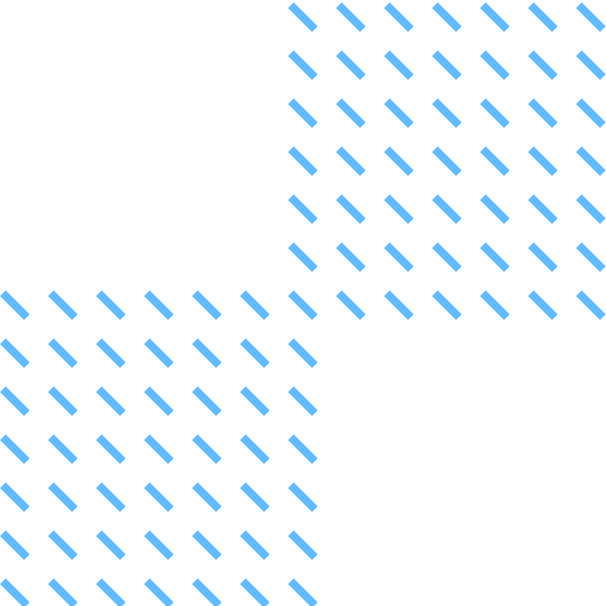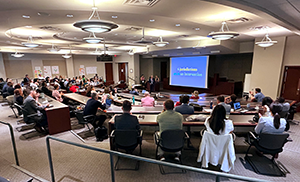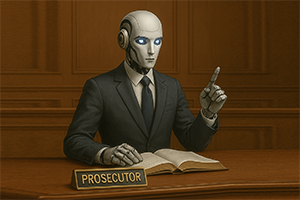An often overlooked metric of fairness and effectiveness in the criminal legal system is how long it takes to resolve a case, otherwise known as time to disposition.
Though, in some ways an understated issue, the implication for victims, defendants, and families is profound. When individuals are waiting – sometimes hundreds of days – for their case to be disposed, instability overtakes their lives resulting in huge impacts on employment, schooling, and housing.
Case screening is a tool JIL has begun developing that helps prosecutors make just decisions while reducing case disposition times, allowing more resources to be focused on cases with the greatest impact to public safety. Faster removal of cases with insufficient evidence from the system reduces the significant burdens on arrestees of having a pending case.
In this short video, you will hear from four individuals who speak about their experiences with pending cases in the criminal justice system - the impact on them, on their families, and their future.
More from the Knowledge Hub
Reimagining what's possible
Reimagine what is possible to achieve when justice system decision makers from different jurisdictions gather for an immersive program aimed at developing innovative solutions to challenging problems.
Learn moreAI thinks you should go to jail, even if you didn't do the crime
Learn about the dangers of using artificial intelligence in the criminal legal system, based on testing that reveals ChatGPT's problematic preference for prosecution regardless of case facts.
Learn moreTimely justice: How case screening improves efficiency, effectiveness, and fairness
Explore results from the first randomized controlled trial regarding intake processes in a local prosecutor's office in the United States.
Learn more






